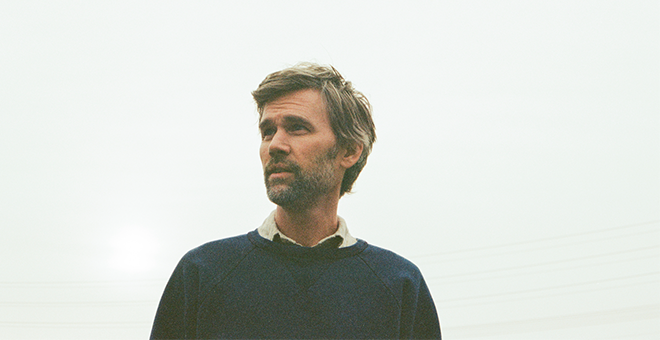Throughout history, rules and procedures have been established to provide structure—like getting from point A to point B. Books are read from beginning to end; a race participant begins at the starting line and progresses to the finish. But creative fields promote originality, leaving space for a band like The Lumineers to throw out the rule book altogether.
On its latest release, III, the Grammy- nominated group started at the finish line. The disc’s final song, “Salt and the Sea,” was the album’s first finished track—and the catalyst for the entire record’s sound. Originally written for the end credits of M. Night Shyamalan’s film Glass, the group repurposed it after Shyamalan decided it wasn’t the right fit.
“I think that actually broke down some doors for us, creatively,” explains co-founder and drummer Jeremiah Fraites. “It’s a darker song, very cinematic. It still sounds like a Lumineers song, but it’s way different than the previous two albums.”
From there, compositions like “Gloria” and “Leader of the Landslide” found their place as founding member Wes Schultz (lead vocals/guitar) began shaping the album’s overarching lyrical theme of addiction.
“‘Gloria’ is sort of an amalgamation of different characters, but she’s also based on a very real person in Wes’ life,” says Fraites. “By seeing this person go through serious alcoholism, rehab, jail, hospitals, you name it, I think that it was really cathartic [for him] to talk about that.”
It’s fitting that the album is titled III—not only is it the band’s third release, but it’s constructed like a play in three acts, tracing addiction through three generations in a single family: the grandmother, Gloria Sparks; her son, Jimmy Sparks; and her grandson, Junior Sparks.
“It’s showing a very, very complicated situation through the lens of a family, the dynamic of that family, and how it affects everybody,” Fraites explains.
In a streaming era concentrated on singles, The Lumineers not only made a record that requires listening from front to back, but also produced an equally compelling visual component that debuted at the Toronto International Film Festival.
“Growing up in the ’90s, MTV was so cool and so iconic and had these music videos that when you saw them, they kind of blew your mind; they were shot like movies,” says Fraites. “Now, films like Beyonce’s Lemonade [are] really inspiring.”
They tapped director Kevin Phillips, and tasked him with producing individual videos for each track on the album that could not only stand alone, but be watched together as a cohesive film. “We had some videos on our first album and we actually kind of did a short film on the second album, but this one we were like, you know what, let’s swing for the fences. Let’s really go for it.”
Since the band’s inception, The Lumineers have made a career out of following their own path. “On the first album, we had previous management…who said the industry standard is to put the single as track two. That’s just what you do,” Fraites explains. “It started out with ‘Flowers In Your Hair’ into a song called ‘Ho Hey’ and I was like, ‘This doesn’t make any sense. I’m not doing this. I don’t care what the industry standard is.’” Fraites rearranged the track sequence in his iTunes folder and placed “Ho Hey” as track five.
“I didn’t even think that ‘Ho Hey’ was gonna be the single. I thought a song like ‘Dead Sea’ would maybe become bigger, to be honest. But hindsight is 20/20 I guess,” he says. “[We released it with] ‘Ho Hey’ as track five…we’re not going to put track two as whatever we think the single is. I think that’s not a healthy way to look at an album.”
“Ho Hey” wound up becoming a smash (over 533 million plays on YouTube so far), and earned The Lumineers two Grammy nominations, setting the bar for a sophomore effort.
“For me, the second album was really difficult to work on, because we had such success with the first. …Somebody didn’t write ‘Ho Hey’ for us; that was me and Wes. There’s no songwriting team; it’s just me and Wes on everything,” Fraites explains. “I wanted to make sure that the second album was received in a way that [people understood] that these guys are in it for the long haul, they’re songwriters, they care about the music, they don’t necessarily care about commercial success.”
The band’s autonomous spirit continues on III.
“I just felt like, you know what, let’s just do what we want, truly. A lot of the songs on this album were really different and I think we took risks or made decisions that we never would have in the past,” says Fraites. “If we can make and write music and produce music that stimulates our brains and gets ourselves high and we think is cool, that’s going to translate to our fanbase.”





